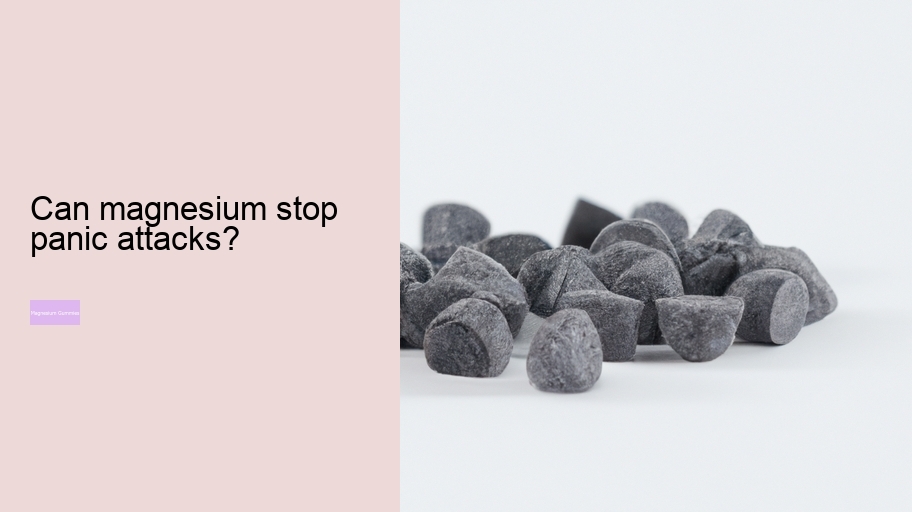These enhanced formulas can offer additional health benefits, but it's important to check for potential interactions with other medications or supplements you're taking. Depending on your personal preferences and health needs, you may opt for one over the other. This is particularly important for older adults, who are at higher risk for conditions like osteoporosis. Certain medications, like some types of antibiotics and diuretics, can interact with magnesium, affecting its absorption or efficacy. However, many brands now offer low-sugar or sugar-free options, often sweetened with natural alternatives like stevia. Given its importance, it's no wonder many people are turning to magnesium gummies to support heart health.
It's crucial to adhere to the recommended dosage and consult a healthcare professional if you experience any adverse effects. Whether it's adjusting the timing of your dose or finding the right complementary supplements, the key is to find what works best for you. If you find yourself struggling with sleep, magnesium gummies may offer a potential solution. Convenience is one of the most significant advantages of magnesium gummies. sugar While the price of magnesium gummies can vary, it's important to note that the cheapest option is not always the best value.
However, many people report feeling a difference in areas like sleep quality or muscle cramps within a week or two. Look for forms like magnesium glycinate or magnesium bisglycinate for better absorption. magnesium supplement Athletes and fitness enthusiasts may find magnesium gummies particularly beneficial for recovery after workouts. Many people incorporate them into their morning or evening rituals, taking them around the same time as other daily medications or supplements for consistency. Always stick to the recommended dosage and consult a healthcare professional if you experience any adverse effects.
Some brands use natural sources, such as seawater or mineral deposits, while others rely on synthetic forms. This can make them a more comprehensive supplement option, offering multiple health benefits in a single serving. offers Some brands offer gummies specifically formulated to aid in sleep, often combined with other natural sleep aids like melatonin or herbal extracts. Many people find pills and capsules to be bland or unpleasant, but gummies come in a variety of flavors. They are chewable and can be more palatable, especially for those who have a hard time with traditional supplement forms.
